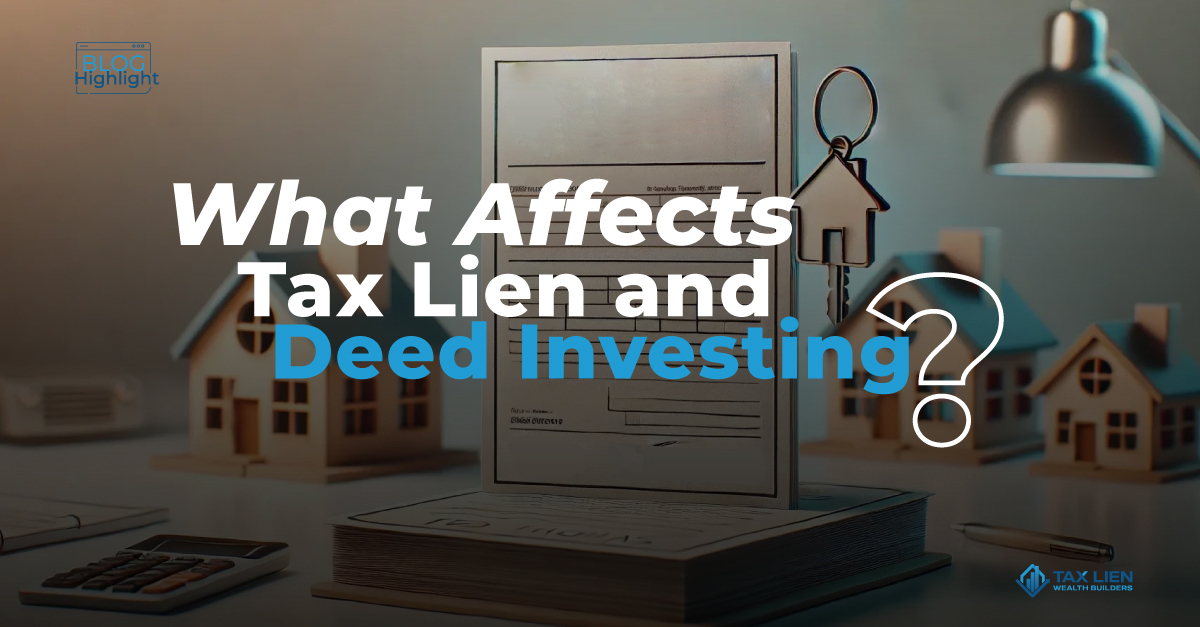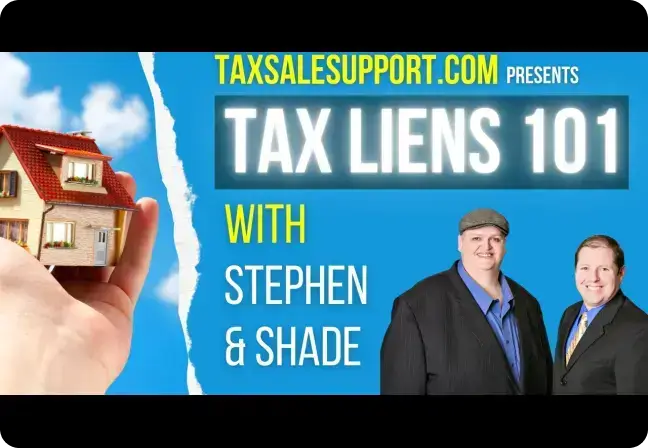All Categories
Featured
Table of Contents
It is necessary to note that not every state offers investors the opportunity to participate in a tax obligation lien sale. In some states, a home with delinquent taxes will certainly go right to the tax obligation sale procedure. In the states that do supply investor the chance to acquire tax liens, around 33 percent of the $14 billion in overdue taxes were sold (in 2017, as an instance).
If you are interested in the tax obligation lien foreclosure process, you ought to speak to a lawyer so you comprehend and weigh the dangers of this type of investment.
Investing In Tax Lien Certificate
Tax obligation lien sales are one manner in which cities and counties try to redeem some of the public bucks they have actually invested preserving these buildings abandoned by private owners. As we'll clarify in this write-up,. Once real estate tax are considered overdue, city governments normally concentrate on offering notification of misbehavior and trying to accumulate the unpaid amounts from the proprietor.
Nevertheless, this procedure commonly takes years. If an owner has actually left and hesitates to pay tax obligations or keep the residential property, the city should spend tax obligation bucks to maintain the property. These costsboarding up the building, cutting disordered lawn and weeds, replying to fire and authorities calls on the residential property, and moreadd up.
Owners who have fallen on tough times absolutely need every initiative to keep them out of misbehavior and in their homes. real estate tax lien investments for tax-advantaged returns. However normally, if the home is vacant and worn-out, we should assume the owner has actually chosen to abandon their rate of interest in the property which they are "unwilling" to pay (though circumstances earlier at the same time may have compelled their hand).

Take, for instance, a single-family home where the owner has actually long since walked away. For years the city government has needed to step in and remove garbage dumped in the backyard, board up the doors and windows, and react to calls regarding immoral activity on the building. All these services cost the local federal government taxpayer dollars.
In numerous states, those expenses can be accumulated in the same manner as the overdue taxes, yet not in all. In a tax obligation lien sale (or tax certification sale) the local government commonly holds a public auction where the winning prospective buyer agrees to pay the most money for the right to enforce the tax obligation lien, starting with a minimum proposal of at least the tax obligations possessed, plus relevant rate of interest, costs, and prices.
When a government sells the tax lien they are generally marketing to a private purchaser the local federal government's authority to collect the debt in exchange for ahead of time payment of the tax obligations owed. The purchaser's acquisition normally consists of the ability to make future interest, along with recoup associated costs and costs sustained by the purchaser, if the homeowner pays the tax obligation financial debt.
Tax Liens And Deeds Investing
This is, basically, privatization of a core federal government function: tax collection. Tax lien sales are specifically bad when it involves vacant, deserted, and tatty properties due to the fact that they prolong the period prior to a residential or commercial property can be moved into the hands of a brand-new, much more liable owner. Personal tax lien buyers hold the financial obligation, yet they do not possess the titlethe legal right to possession of the propertyand oftentimes, they have no rate of interest in obtaining it.

Taking into consideration budget cuts, city governments in numerous states have actually decreased in-house property tax collection and enforcement efforts and aimed to tax lien sales as a quick mixture of earnings. Numerous counties select or are mandated by the state to market tax liens since it contracts out collection and frequently generates very needed money earlier in the collection process.
By moving the local federal government's passion in and enforcement of the tax obligation lien to a private customer, regional governments lose much of their versatility: versatility to obtain uninhabited homes that the exclusive market doesn't want, or to aid the owner stay clear of losing their building. With uninhabited homes, there is a much higher possibility that the exclusive buyer isn't interested in the building itself.
Tax lien sales can cause injury in historically disinvested areas (tax lien investing pros and cons). In a clinically depressed housing market, less owners are able to redeem the amount of the financial debt sold to a tax obligation lien buyer - tax lien investing for beginners. These locations are ripe for a different kind of tax obligation lien investorspeculative proprietors seeking to acquire residential or commercial properties on the cheap by foreclosing on the real estate tax lien, milking what little equity is left by renting a substandard building to vulnerable tenants, and afterwards abandoning the building when they have actually made back their investment

Not all state regulations offer regional federal governments the power to interfere in this cycle. Either way, the residential or commercial property stays vacant and in limbo, all the while imposing substantial prices on its neighbors and taxpayers. It's reasonable that several city governments turn to tax obligation lien sales because they aid fund important civil services.
Tax Lien Certificates Investing Risks
If the city government rather markets the property (also known as the "tax obligation action"), instead than the tax debt, then they are in control of what happens to the residential or commercial property and the enforcement procedure if the owner proceeds to not pay the real estate tax owed. The government will supply the proprietor a reasonable time to repay the tax obligation financial debt, after which the federal government will foreclose its passion in the tax obligation lien and the owner's right of redemption.
From their inception, these auctions were locations for capitalists to benefit with exploitation. the truth about tax lien investing. In early 20th-century cities, infamous "tax obligation sharks" like Chicago's Jacob Glos and New york city's Charles Wiltsie generated lot of money by acquiring up ratings of tax liens on homes, billing their owners exorbitant total up to remove the lien, or waiting until the target date for settlement passed and asserting the deed
Phone call to abolish tax obligation lien sales and overhaul tax obligation delinquency laws have actually periodically emerged. Frequently, they have actually come in response to situations of poor, commonly senior property owners that shed their homes to underhanded tax obligation buyers over small tax financial obligations. how to tax lien investing. Yet with a couple of exemptions, state legislatures have resisted structural reforms.
Those that have actually settled their mortgages (primarily senior citizens or individuals who had inherited a family members home) need to likewise locate the cash to pay residential property tax obligations. This describes why 70 percent of the homes cost tax obligation lien sales are possessed outright. It is well previous time for states to adopt an even more humaneand more effectivesystem for real estate tax enforcement.
Latest Posts
Tax Defaulted Homes For Sale
Property Tax Default Auctions
How To Find Tax Lien Properties